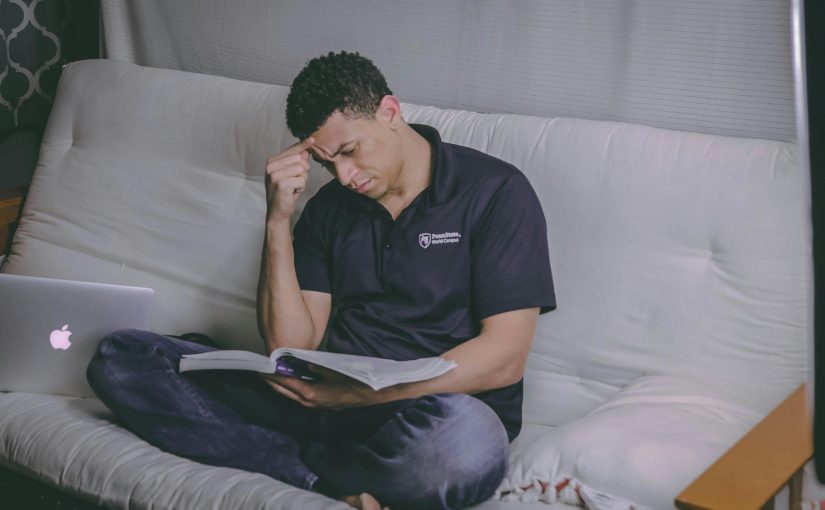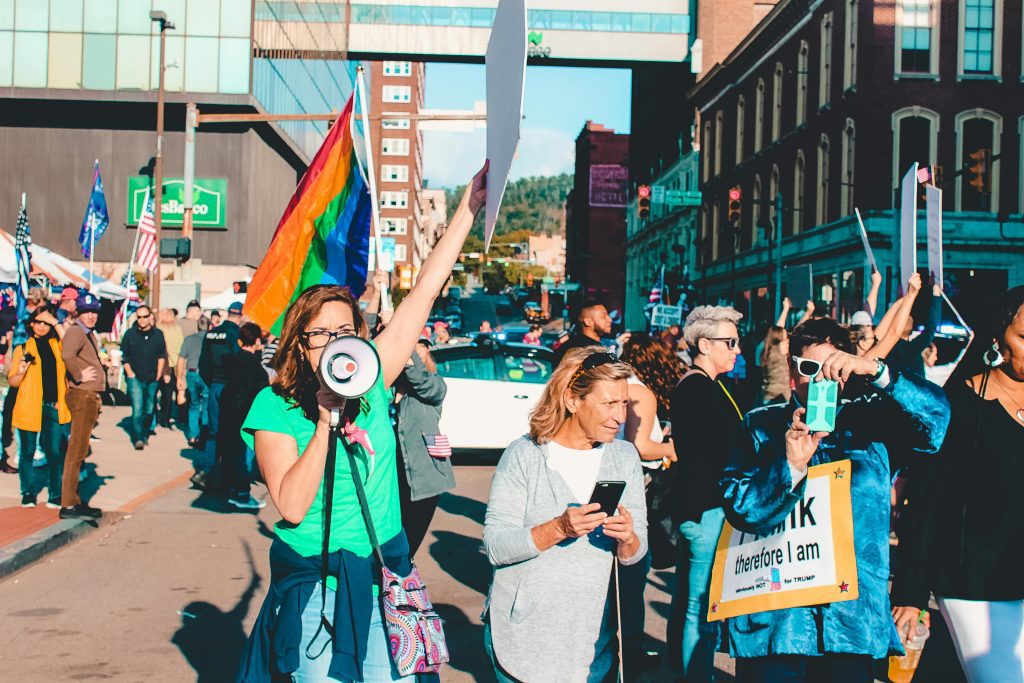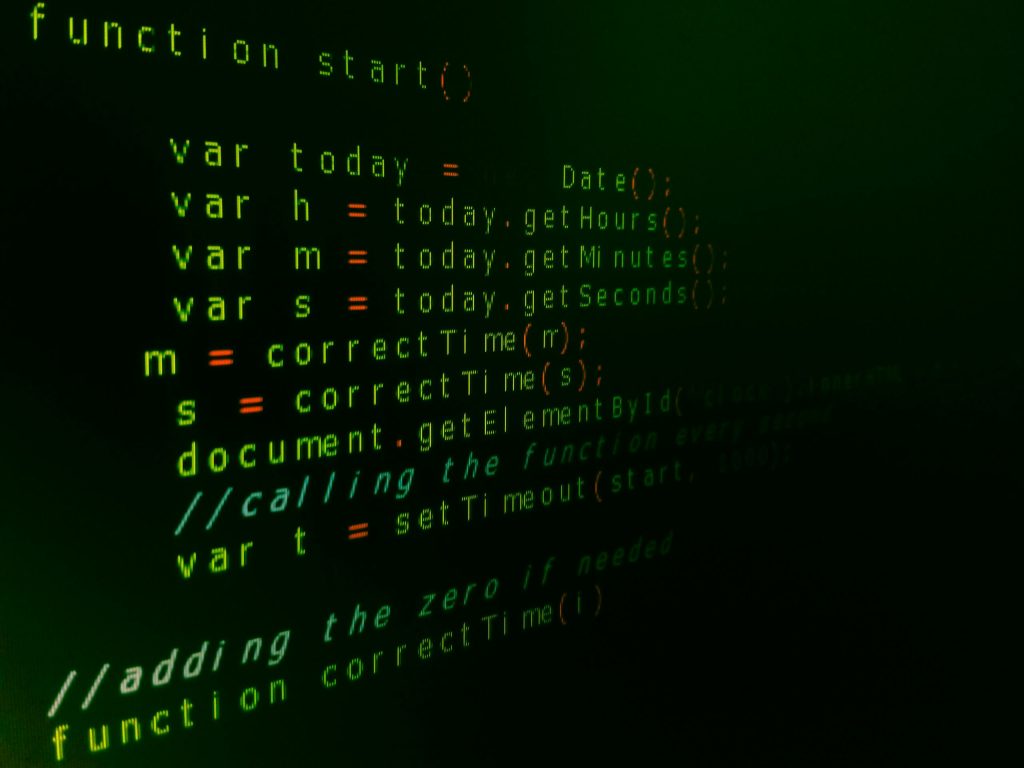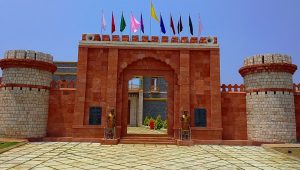
Language is vital for effective communication. Imagine what would happen if our understanding became problematic because of language barriers. Translators are trained to be the ideal solution to this problem. They are at the forefront of bringing people from all walks of life together for meaningful communication and achieving goals.
Language barriers pose several challenges to the world. There have been lost opportunities, diplomatic impasses, and strained relationships due to miscommunication and misconceptions.
The role of translators becomes clearer, especially when it comes to the flow of information. They form connections and boost cooperation on a global level. They make sure that the message is conveyed to everyone. They use their expertise to promote harmony and understanding among diverse communities.
Translators and translation services providers are considered valuable assets for professional endeavors, especially in globalization as they promote global access to information. They pave the way for international partnerships and bring people from all communities together by creating an inclusive platform.
We will look into the role of translators in providing global access to knowledge in this blog.
Role of Translators in Global Access to Information
Translators play an influential role in bringing people together from all cultural backgrounds via effective communication techniques. Their services pay dividends as far as globalization is concerned.
They translated the works of Aristotle, Plato, and other prominent philosophers into different languages. It was effective in influencing diverse cultures for years. Also, translators played a key role in making religious texts available to people worldwide. The translation was essential for teaching and practice.
They have played a proactive role during wars and disputes by facilitating communications between nations. Their responsibilities include gathering intelligence and strategic making, which can change the outcome of any war.
The role of translators and translation services in intercultural communication cannot be ignored. Translators serve as “cultural ambassadors” by bringing people from all walks of life closer to each other. Translators help reshape the collective human experience by providing access with their efforts.

Information Sharing In Globalization
Globalization is a force to be reckoned with in this age as it reshapes socio-political factors in the world, which has had a profound impact on different aspects of lives for effective cross-cultural understanding.
Dynamics of Globalization
We hear the term “globalization” in our daily life. “Globalization” refers to the interdependence and interconnectedness of countries worldwide. Technological enhancement, transportation, and other socio-economic factors have made global interactions more efficient.
Globalization has far-reaching effects with new markets and opportunities knocking on your door for global businesses. These companies can take their business global and access global markets with diverse consumer bases. It increases global trade volume as goods can be exported to different parts of the world.
Globalization is transforming information sharing and technological advancement has make it easier to be accessed anywhere in the world. This phenomenon boosts collaboration and innovation, which allows individuals and organizations to share data on an unprecedented scale. It also promotes cultural exchange and understanding which facilitates circulation of diverse perspectives and ideas on a global scale.
Information sharing is important for social development. It opens doors for educational opportunities, supports scientific research, and boosts economic growth by empowering individuals with knowledge. The information must be reliable and accurate information to maintain trust in a globally connected world.

This has also fostered cultural exchange among nations. People from different countries can get products from foreign lands easily. It is a teaser of unfamiliar traditions and customs. It has also changed the perspective of communication with the advent of the internet and social media platforms. It paves the way for global communication with the click of a button.
Even with globalization bringing people closer, there is a dire need for efficient cross-cultural communication. Differences in cultural norms lead to misunderstandings, misconceptions, and misinterpretations.
That’s where translators come in. They use their expertise by conveying messages from one language to another while in the cultural context. They influence the global expansion of businesses by creating meaningful interactions between individuals from different walks of life.
The Power of Language
Language is a potent tool to convey ideas and emotions. It helps you create relationships and connect with others. Translators are trusted to convey messages across different languages effectively.

For example, an artist writes a song in German that becomes a hit in the United States despite people not understanding a single word in it. A translator, who knows the cultural context, can let the music fans know what the song was about.
Languages and cultures are intertwined and come with idioms, expressions, and cultural references that may not be directly equivalent to other languages. The translation of these nuances is not just replacing words. The cultural connotations are to be understood as well.
For example, “raining cats and dogs” means it’s raining heavily in English-speaking countries, but those from non-English-speaking countries can think of it literally. A linguistic expert can explain its meaning by understanding the context using appropriate substitute words.
Will Technology Replace Human Translators?
Society needs human translators despite technological advancements. Machine translators have proven ineffective as they depend on databases and algorithms that cannot understand cultural references within the language. The cases of the machine services offering wrong results that fail to capture the correct results have been well-documented.

That’s where human translators have an advantage over robots as our cognitive skills help them comprehend the context, adapt to cultural differences, and make informed decisions on word use. They go through ambiguous phrases to give accurate translations that maintain the style and context of the original content.
Importance of Translators in the Flow of Information
Translators are playing an important role in the flow of information in globalization. Translation is a complex task that is not just limited to translating words from one language to another. The translator maintains the intended meaning and cultural context while preserving accuracy when getting their point across to the target.
Uniting People
Translation services are trusted to bring people from different communities on a single platform. Global organizations and brands hire professional translators for seamless communication in various languages to ensure their messages are conveyed clearly and properly. Translators create an atmosphere for collaboration and fruitful interaction on a global scale.

Maintaining Integrity
The translator has to preserve cultural nuances that come with the original content. A professional translator should be fluent in all translations and know the cultural nuances in the quotes or sentences. This characteristic paves the way for the translation to connect with the target audience while maintaining the true message behind it.
Translation services are indispensable for a company to expand its business globally. They are tasked with informing others about its products and general information for success. A brand can build trust with the consumers by giving authentic information about them. It paves the way for new business opportunities and a customer base.
Improving Global Diplomacy
Translators foster global diplomacy via effective communication. They have an important role in ensuring that their messages are being conveyed and understood accurately. The correct translation will eliminate misinterpretations, conflicts, and misunderstandings caused by language barriers.

Moreover, their role empowered multilingual education as students can learn about other cultures by reading translated works of authors, thinkers, and global influencers. It facilitates inclusive education and encourages students to participate in the learning process. Institutions seek professional translation services for this task.
Fostering Arts and Craft
You may be surprised by knowing that translators are also playing a role in showbiz, and the science and academia sector. They bridge cultures that allow literary content (lyrics, subtitles, etc) to reach a worldwide audience, leading to cultural interchange and enrichment.
Translation is also necessary for making research content and publications available to a global audience. It leads to better human understanding, which unlocks doors to collaboration on a global scale.
Challenges Faced By Translators
It is not easy to become a translator as there are several challenges.
The translator could have issues in translating language structure. There is a defined structure in every language with its own rules. A complex structure can make it difficult for a translator to convey the message in a different way. So, they will add, remove, and rearrange source words for effective communication in the targeted language.

It can be difficult to translate catchphrases and idioms as translators need help to project the literal definitions they contain. Linguistic experts have admitted that idioms are the most difficult to translate. It is claimed to be “a problem machine” which becomes complex.
Translators could face problems in translating sentences that do not have an exact match for an object or action. Therefore, it has to be communicated differently. It can get difficult to translate double-meaning sentences and phrases due to their structure because they have two patterns:
- Homonyms: It looks and sounds the same but has a different definition. For example, Scale the fish before weighing it on the scale.
- Heteronyms: They look alike but have different definitions and pronunciations. For example, I drove down a windy road on a windy day.
Translators find translating sarcastic phrases because the meaning is opposite of its phrasing. They lose their meaning when they are treated word by word, which can cause misunderstandings.
Conclusion
Translators, especially those employed at TranslateSwift, are playing an effective role in enhancing global access to knowledge by bringing people together through bridging cultural gaps. They pave the way for cross-cultural information sharing, which helps people to access content from anywhere in the world. This facilitates linguistic diversity and enriches cross-cultural dialogue, which expands global networks.
You can order legal translations online and get the required document rewritten in your preferred language with the right legal context. One doesn’t have to be a lawyer to paraphrase legal docs in another dialect. But it’s safe to hire translators with legal expertise to do this job.
Frequently Asked Questions (FAQs)
What are the roles of translators?
Translators render texts into different languages to disseminate information, thoughts, and values on a global scale. They foster a deep appreciation of cultural diversity.
What are the qualities of a good translator?
A good translator is a linguistic expert with respect for other cultures. They translate phrases from one language into others efficiently and appropriately.
Do translators play a role in diplomacy?
Translators play an active role in improving diplomacy. Governments hire translators to convey their message to people from across the border. They have to take precautions because a mistake can cause confusion which could lead to deteriorating diplomatic relations.










